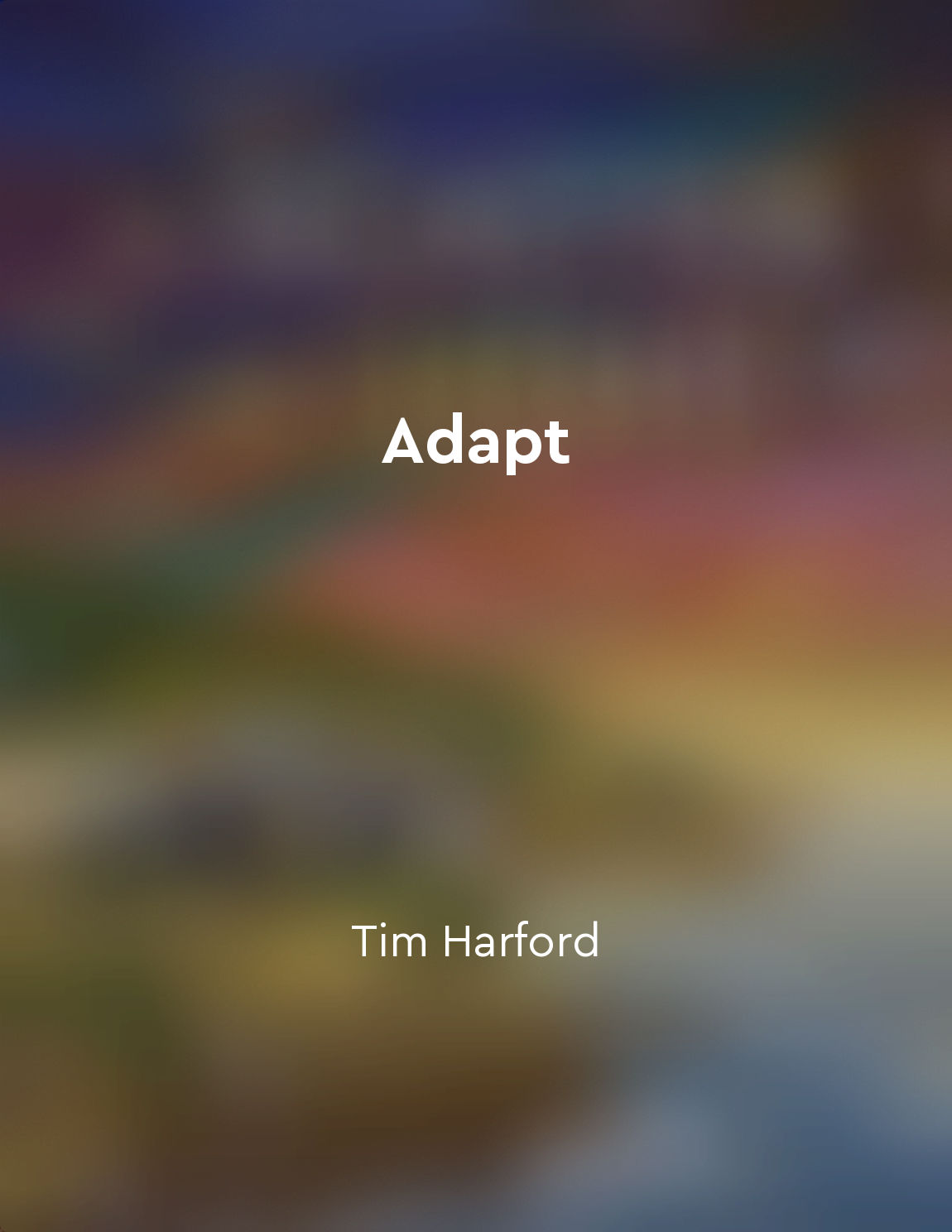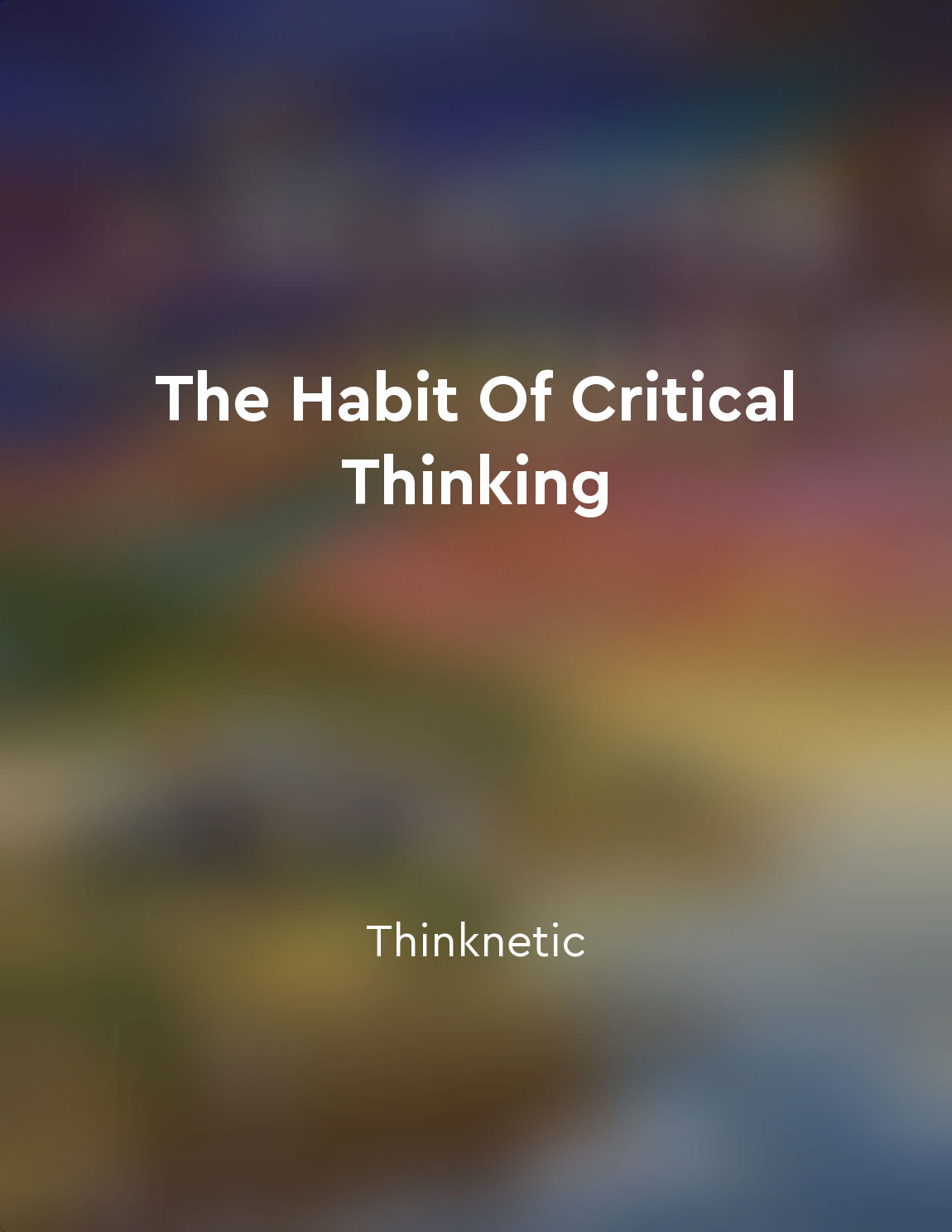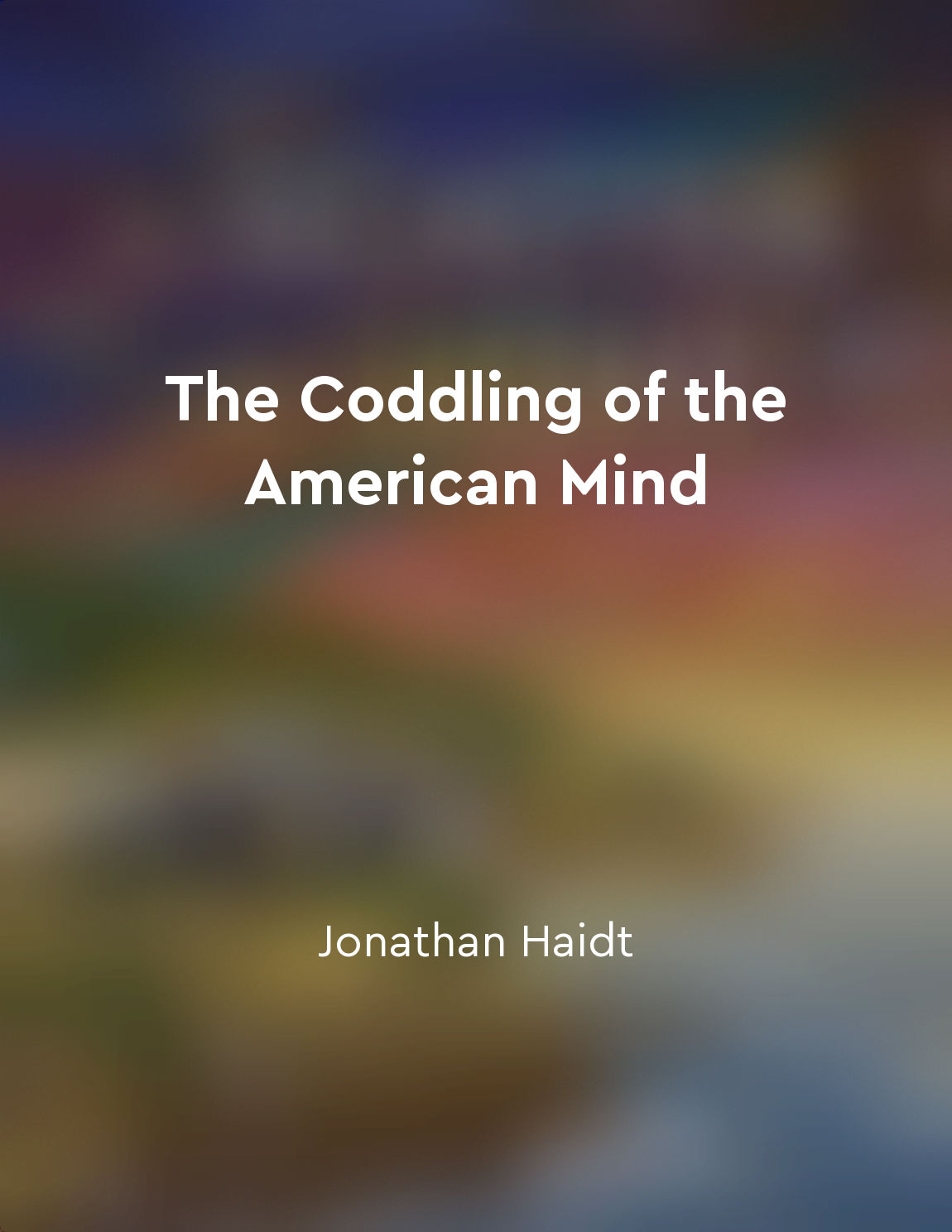Confirmation bias leads to selective processing of information from "summary" of Judgment in Managerial Decision Making by Max H. Bazerman,Don A. Moore
Confirmation bias refers to the tendency of individuals to seek out information that confirms their pre-existing beliefs or hypotheses while ignoring or discounting information that contradicts them. This bias can lead to selective processing of information, where individuals only pay attention to information that supports their beliefs, while disregarding information that challenges them. In the context of decision-making, confirmation bias can have significant implications, as it can influence the way individuals gather, interpret, and use information to make decisions. When individuals exhibit confirmation bias, they may actively seek out information that aligns with their initial beliefs, leading them to overlook or dismiss information that goes against their assumptions. This selective processing of information can result in a skewed understanding of a situation, as individuals fail to consider all relevant information and perspectives. As a result, decisions made under the influence of confirmation bias may be less informed, less objective, and more prone to errors or distortions. ...Similar Posts
Individual behavior is shaped by both nature and nurture
Human behavior is a complex interplay between genetics and environment. Our genes, inherited from our parents, provide us with ...
Active trading rarely beats the market
The idea that active trading rarely beats the market is a crucial concept for investors to understand. It challenges the common...

Small wins matter
In the messy, unpredictable world we live in, it's easy to feel overwhelmed by the challenges we face. Whether it's trying to s...
Be mindful of the correlationcausation fallacy when drawing conclusions
Beware of the correlation-causation fallacy when drawing conclusions. This is a common error that many people make when they as...

Evaluate arguments
To think critically means to evaluate arguments with a discerning eye. It involves carefully examining the reasoning and eviden...
Cultural narratives shape human belief systems
Human belief systems are not static entities but are constantly evolving constructs that are shaped by the cultural narratives ...
Money stories shape our financial beliefs
Our financial beliefs are not formed in a vacuum. They are shaped by the stories we hear and experience about money. These stor...
Knowing what we want makes choosing easier
Knowing what we want can simplify the decision-making process by narrowing down our options. When we have a clear understanding...

Overprotection harms resilience
The instinct to protect our children is natural and powerful. We want to shield them from harm, both physical and psychological...
View setbacks as learning opportunities
When setbacks occur, it is easy to view them as failures, mistakes to be swept under the rug and forgotten. But this is a dange...
